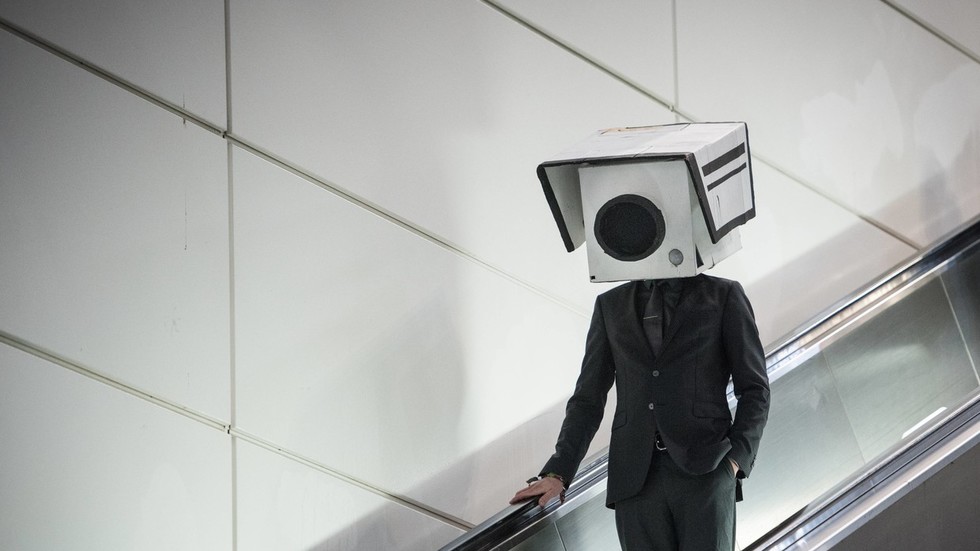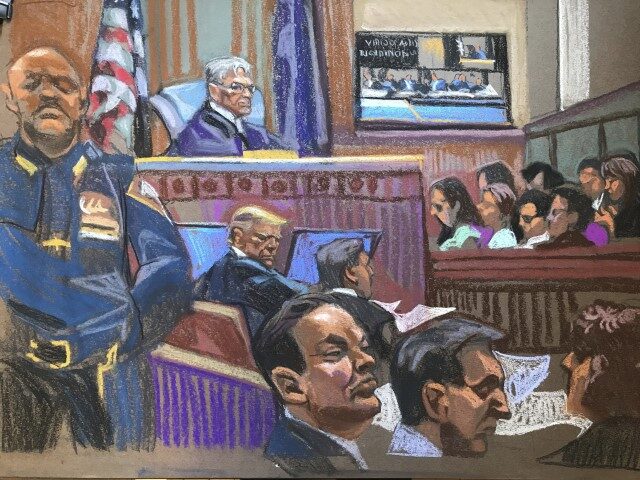Only 2% of Amazon shareholders vote against giving facial recognition to government

Amazon shareholders voted almost unanimously to reject a proposal to stop selling facial recognition tech to government agencies, and even a study of its effects garnered little support, effectively green-lighting Big Brother.
The proposal to stop selling Amazon's "Rekognition" program to authorities was rejected by 97.6 percent of the company's shareholders, according to a regulatory filing released on Friday, while a proposal to study Rekognition's negative impact on civil rights and privacy repulsed 72.5 percent. CEO Jeff Bezos, who controls 16 percent of the company's stock, voted against both, and Amazon's board condemned them.
Climate change was more popular, with only 70.2 percent rejecting a proposal for the company to issue a report on how it would address the phenomenon.
Last month, the Securities and Exchange Commission ruled Amazon had to vote on both facial recognition proposals at its annual meeting after they were brought forward by activist shareholders concerned the company was selling a surveillance system "readily available to violate rights and target communities of color." The company had argued the proposals were "insignificant to its business," but was overruled by the regulator.
A group of "socially responsible investors" holding shares in Amazon implored the company to stop selling the tech to law enforcement last year, citing both the potential for abuse by American authorities and fears the tech could end up in the hands of foreign governments, "including authoritarian regimes."
The shareholders joined hundreds of Amazon employees, the American Civil Liberties Union, and at least 70 more civil rights groups in writing several letters to Bezos asking that Amazon cease sales of Rekognition to law enforcement. The employee letter singled out the potential for abuse by the Department of Homeland Security and Immigration & Customs Enforcement as cause for particular concern, while the ACLU pointed to Amazon's own marketing materials, which tout Rekognition's ability to monitor "people of interest" in real time, as "primed for abuse in the hands of governments."
Even the cops are worried about giving off a "Big Brother vibe," according to internal emails obtained by the ACLU from police in Washington County, Oregon, an early adopter of Rekognition. Studies have demonstrated the software's functionality drops sharply when non-white faces are involved.
While governments and law enforcement are hungry for facial recognition tech, rights groups have called for caution, warning it is not as accurate as its cheerleaders think and the potential for abuse is massive. The city of San Francisco banned the use of facial recognition by local authorities earlier this month, and similar initiatives are under consideration in Oakland, California and Somerville, Massachusetts.
Opposition to Amazon's sale of its facial recognition technology to US police forces is set to come to a head at its annual general meeting on Wednesday. Shareholders will vote twice on the matter. First, over whether the company should stop offering its Rekognition system to government agencies. And second, over whether to commission an independent study into whether the tech threatens people's civil rights.
In a previously undocumented use of facial recognition software, police in Washington state are using Amazon’s ‘Rekognition’ to track down criminals with as little as an artist’s sketch.
The Washington County Sheriff's Office became the first law enforcement agency in the country known to use Amazon's artificial-intelligence tool Rekognition, transforming this thicket of forests and suburbs into a public testing ground for a new wave of experimental police surveillance techniques.



